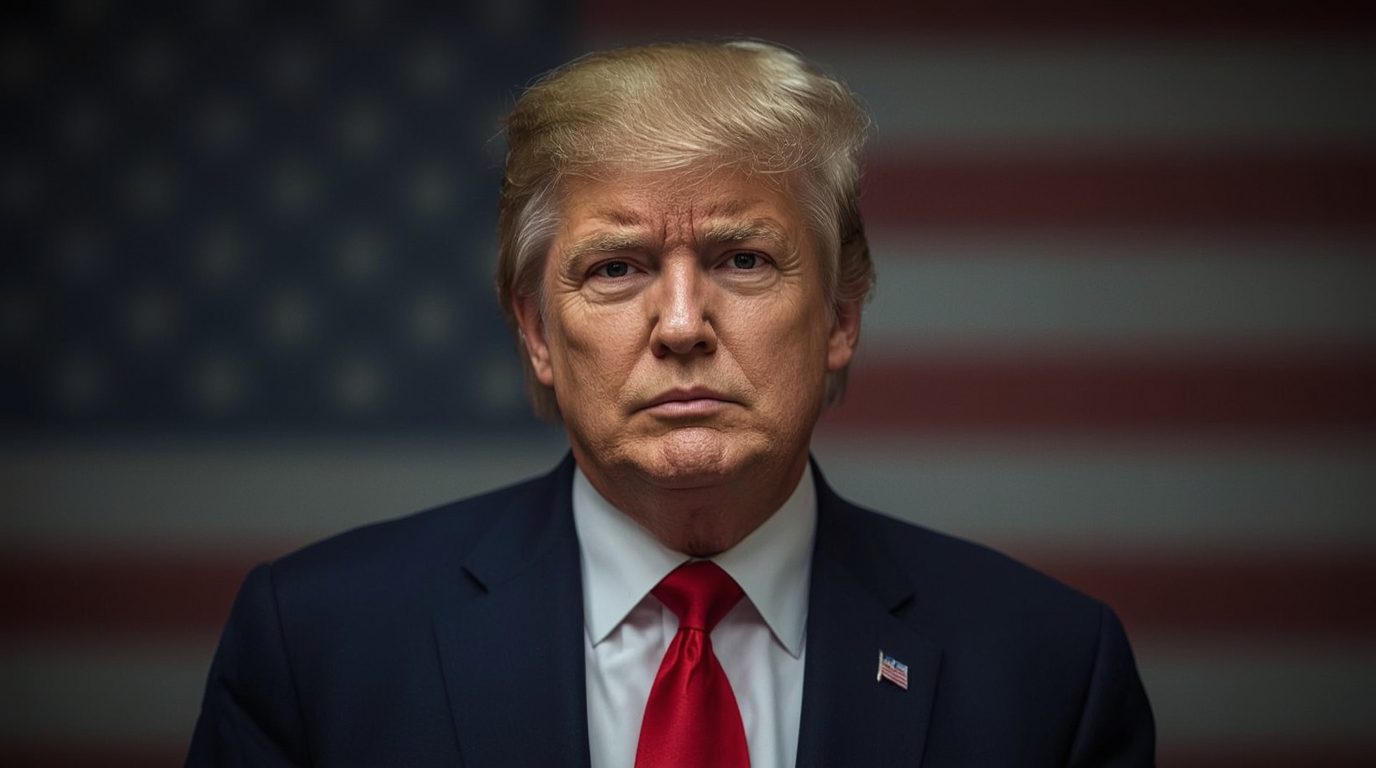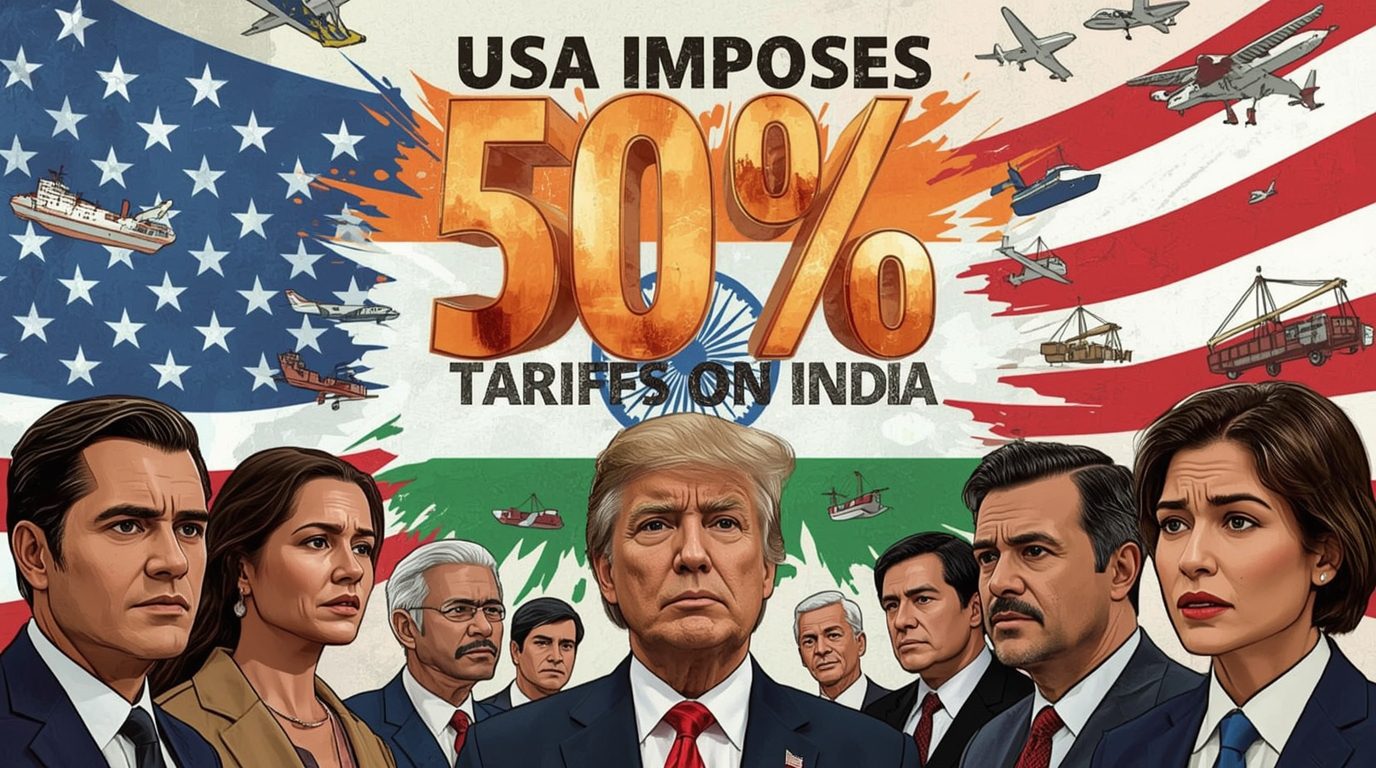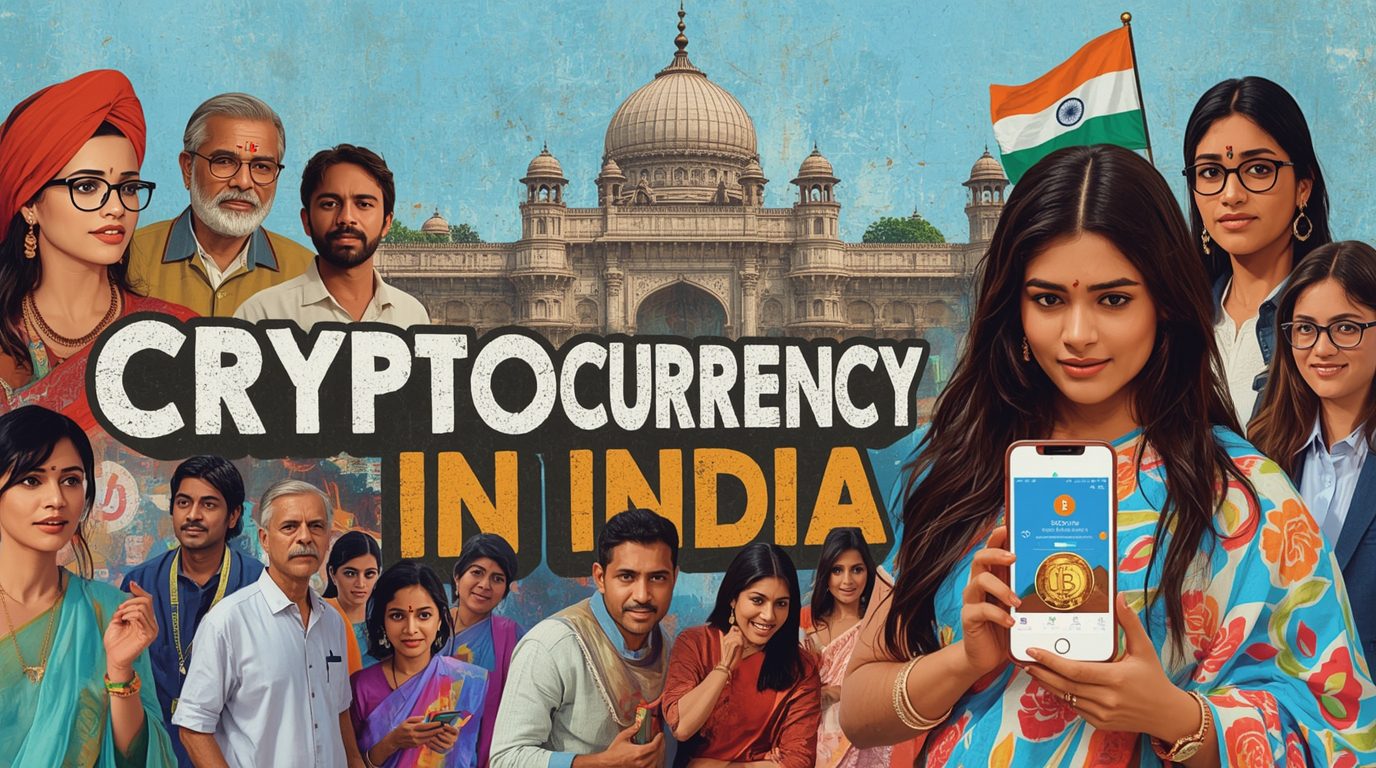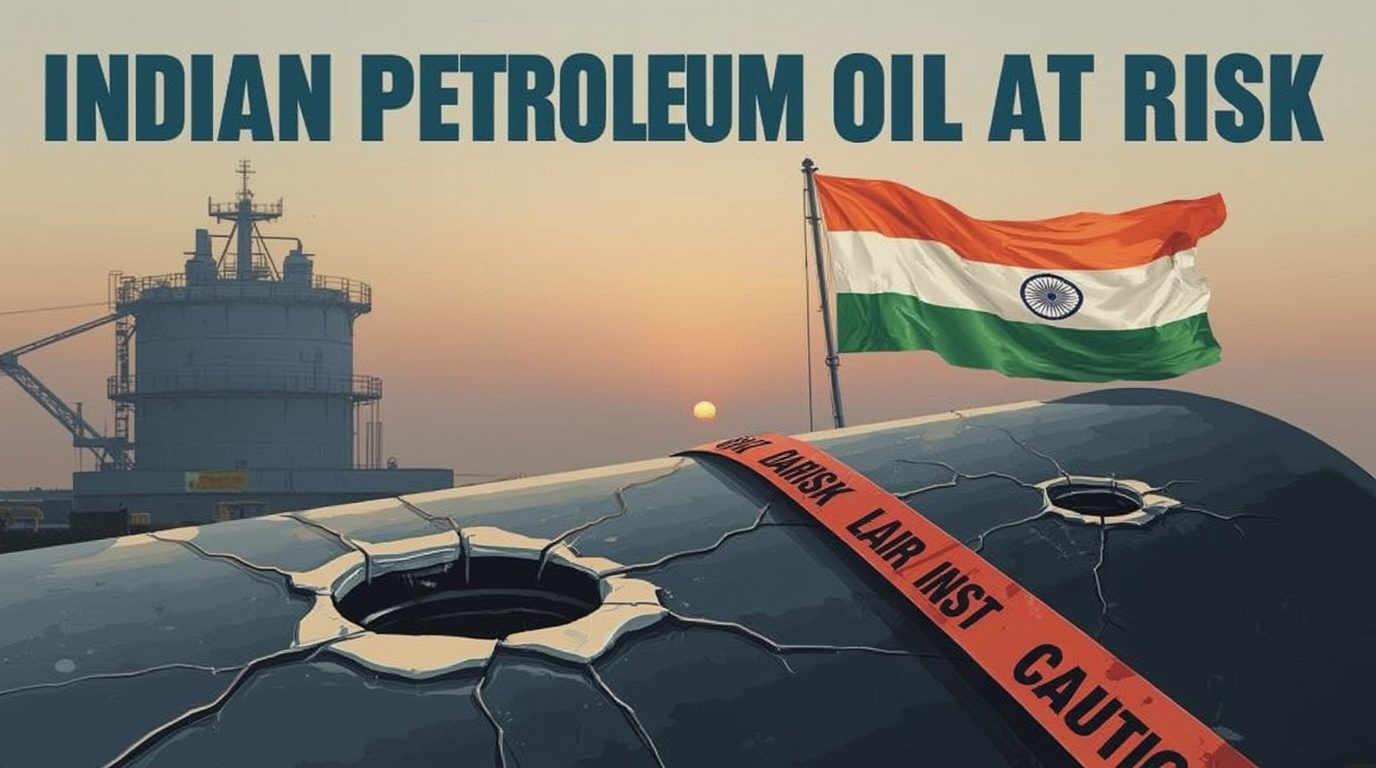Concerns of Pharma Over Trump’s Tariff Warnings: Is Investing in Multinational Stocks Safer?
In August 2025, the former president of the United States, Donald Trump, announced a 25% tariff on Indian-origin goods, which reinstated the tensions related to trade. This move, which could total U.S. duties on Indian exports to almost 50%, sent shockwaves through the economy, especially the pharma sector. With Indian generic drug makers historically dependent on the U.S. market, the increasing scrutiny combined with the new tariffs is extremely challenging. On the other hand, the multinational pharmaceutical companies which have a strong foothold in the Indian market are relatively better positioned to face these challenges.
Indian Generics Facing More Struggles Than Usual
Known as the “pharmacy of the world,” India contributes around 20% of generic drugs globally. The US Indian pharmaceutical companies have been exporting to the US market for the past few years, accounting for almost 35% of India’s pharma exports. With the imposition of tariffs, this trade relationship is under threat.
India’s rising purchase of Russian oil imports is being viewed as tacitly aiding Russia’s invasion of Ukraine, leading to new trade restrictions. As a consequence, the U.S. will impose an additional 25% tariff on Indian goods starting August 27, 2025. This could potentially push total U.S. tariffs on Indian exports to nearly 50%, marking one of the highest in history. The Federation of Indian Export Organisations (FIEO) has expressed grave concerns, especially highlighting that around 55% of Indian exports to the U.S. will now incur a 30-35% pricing disadvantage.
Indian pharmaceutical exports are already facing a surge in scrutiny from the U.S. Food and Drug Administration (FDA) in addition to facing new tariffs. The FDA has announced plans to implement more surprise inspections at facilities that are located offshore and manufacture medicines for the American market. This increased scrutiny will likely lead to a greater number of warning letters, import alerts, or even bans, which will further complicate the already difficult export landscape for Indian drug manufacturers.
Currency Volatility
The announcement of the new tariffs has affected the Indian rupee which fell for the fifth straight session on August 26, 2025. Increased import expenses and reduced profitability of exports due to a weaker rupee adds another layer of complexity for Indian pharmaceutical companies.
Multinational Pharma Stocks: A Safer Bet?
The Indian generics market is hurt by the U.S. tariffs and regulatory shifts, however, for multinational pharmaceutical companies operating in the country, the impact is not as immediate.
Domestic Revenue Base
MNCs like Abbott India, Pfizer, and GlaxoSmithKline derive a significant portion of their revenues from the Indian market. Primary revenue generation from India shields these companies from external shocks like trade disagreements and shifts in currency value.
Exclusive Blockbuster Portfolio
Thanks to lucrative exclusive licensing arrangements, many multinational corporations maintain market dominance over popular branded drugs in India. As a result, these drugs and other Abbott India products have value in the Indian market which ensures high revenue generation. Abbott has reduced the risk of overdependence on a single product by investing in multiple brand segments like diagnostics, nutrition, and branded generics.
Reasonable Spending on R&D
Unlike Indian generics, which spend considerable amounts on R&D for new formulations, MNCs tend to use their global R&D structure. This uniquely positions MNCs to innovate for the Indian market while avoiding the full burden of development costs.
Valuation Considerations
The Indian pharma MNCs provide stability, however, the Indian pharma MNC stocks are more expensive because of the pharma MNCs projected stability. This was evident on August 2025 where Abbott India had a price to earnings ratio near 45x which reflects strong conviction of the company’s steady growth.
Outlook for Investment: Mapping the Territory
Currently the geopolitical and economic landscape poses a conundrum for Indian pharmaceutical investors. There are generics with growth promise but with combined higher risk from outside. Then, on the other side, MNC pharma stocks sitting with the value of stated premium with stability.
Diversification Strategy
One could argue that a more balanced approach which consists of Indian generics and MNC pharma stocks could prove to be optimal. Doing so balances the growth opportunities from it with the risk of outside shocks.
Long-Term Outlook
The pharmaceutical industry is one of the critical components of the Indian economy, and its short-term difficulties do not impact its global relevance. India is well positioned for the marked expansion of the industry in the future due to its strong manufacturing capabilities, skilled human resources, and growing healthcare needs.
Conclusion
The Indian pharmaceutical industry is heavily impacted by the increased compliance burden and the US tariff policies. Although these firms have been investment favorites in the past, the changing environment warrants a fresh look at the investment opportunities. Domestic multinational pharmaceutical companies seem to be a more conservative investment approach during these volatile periods due to their strong domestic orientation and diversified portfolios. Investors should analyze their risk appetite and use these opportunities to devise a more balanced strategy to deal with the uncontained global pharmaceutical industry.
Stay updated with reliable news:
Sports: Sport Flash HQ
Business: Biz Rush
Weather: The Climate Post
Travel: Neon Report
US Local: 24 Hour Bulletin
India Finance: The Lucky Ledger
General: The Chrono Post












